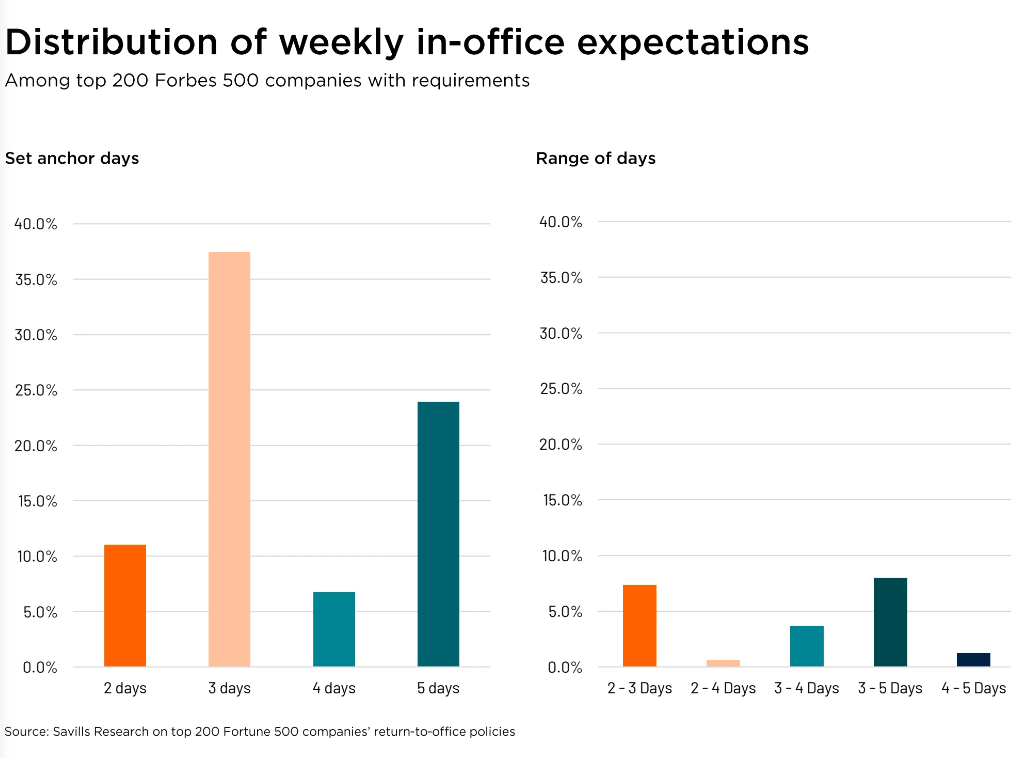Steady as She Goes for U.S. Equity REITs in 2017
By Steven Marks, Head of U.S. REITs, Fitch Ratings: Why we can expect a stable year ahead for the REIT market.
By Steven Marks, Head of U.S. REITs, Fitch Ratings
 U.S. equity REITs are continuing to adopt and maintain credit-friendly financial policies, which will support a continued stable outlook this year.
U.S. equity REITs are continuing to adopt and maintain credit-friendly financial policies, which will support a continued stable outlook this year.
Most asset classes will maintain solid, albeit uninspiring property-level fundamentals with relatively unchanged leverage. Short-term interest rate increases are not likely to hamper the ability of REITs to retain access to low all-in-cost secured and unsecured debt, although equity valuations may be negatively impacted as REIT stock performance remains tied to the interest rate environment. Another potential headwind is the increasing exposure the sector has to bank credit and term loan facilities.
Building on a trend that began in earnest last year, REITs are still focusing on (re)development to drive earnings in the context of a competitive acquisition market, lower leverage and modest organic growth. Good property fundamentals may cause some companies to partake in more speculative development, particularly among industrial REITs, which Fitch generally views as risky from both an execution and funding perspective. That said, multifamily development exposure is down.
Fitch does not forecast equity REIT leverage to change meaningfully during the course of the year. Proceeds from dispositions will be redeployed toward acquisitions, development or modest share repurchases, and equity issuance will be episodic. Any deleveraging will be organic as companies grow recurring operating EBITDA and retain cash flow.
Worth noting in 2017 is that equity REITs have more borrowing exposure from commercial banks due to banks providing issuers with a surrogate to unsecured bond offerings in the form of long-tenor, low-cost term loans. Issuers have not termed out bank funding via the bond market to the extent they have done historically, which Fitch views as surprising given the strength of unsecured bond markets over the last five years. This bank borrowing exposure could limit REIT liquidity via commercial banking relationships should companies need incremental bank funding.
Despite higher bank borrowing exposure, most REITs have strong liquidity profiles due to modestly-drawn unsecured credit lines and limited upcoming debt maturities.
Fitch may be in a positon to revise the rating outlook for equity REITs to positive if companies lower and sustain a diminished rate of leverage. Other factors that could influence Fitch to revise its sector outlook would be broader macro developments like sustained job growth, improving fixed-charge coverage and continued strong capital markets access and liquidity.







You must be logged in to post a comment.